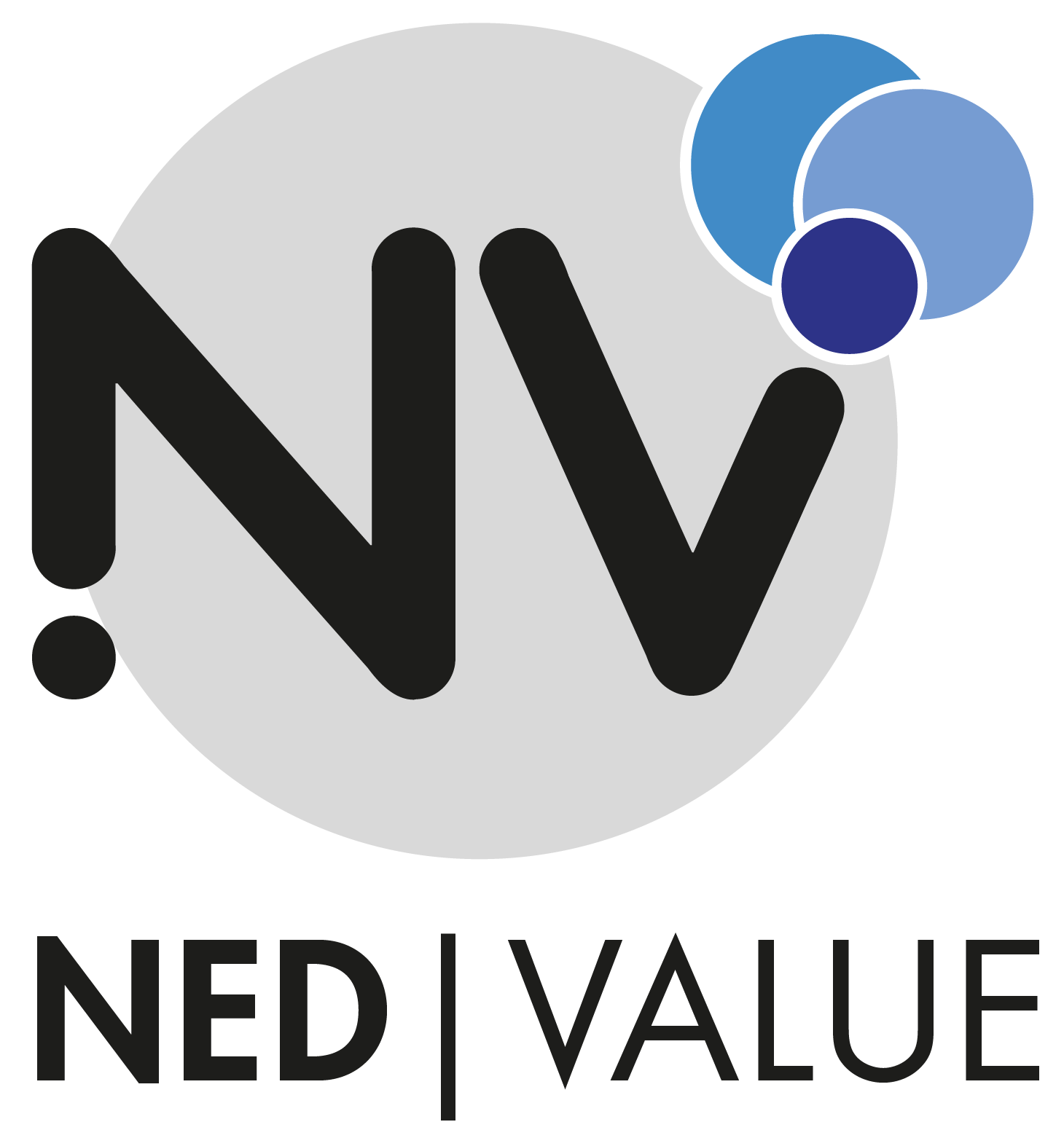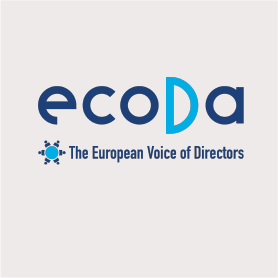ecoDa ha pubblicato il paper “Board Evaluation”, rapporto sul valore delle valutazioni del consiglio di amministrazione, sia interne che esterne al board. Le raccomandazioni del Gruppo di Lavoro (WG) composto da rappresentanti degli istituti membri di ecoDa e coordinato dalla dott.ssa Maria Pierdicchi, forniscono una roadmap completa per le organizzazioni che mirano a migliorare le loro valutazioni del consiglio, garantendo una migliore governance, prestazioni potenziate e maggiore fiducia da parte di azionisti e stakeholder.
L’autovalutazione del consiglio di amministrazione è riconosciuta da ecoDa come un processo vitale per garantire che i consigli possiedano il giusto mix di competenze, mantengano i più alti standard di governance e rimangano agili e reattivi di fronte ai mutevoli scenari economici e normativi. Un processo fondamentale non solo per rafforzare le strutture di governance, ma anche per garantire che i consigli siano attrezzati per affrontare le sfide di un mercato globale dinamico.
Alla luce della sua importanza, ecoDa invita tutti gli istituti nazionali a promuovere e supportare attivamente l’adozione di pratiche di autovalutazione del consiglio di amministrazione, sia all’interno delle proprie organizzazioni che nell’intera comunità dei consigli per contribuire al continuo sviluppo professionale degli amministratori in tutta Europa.




